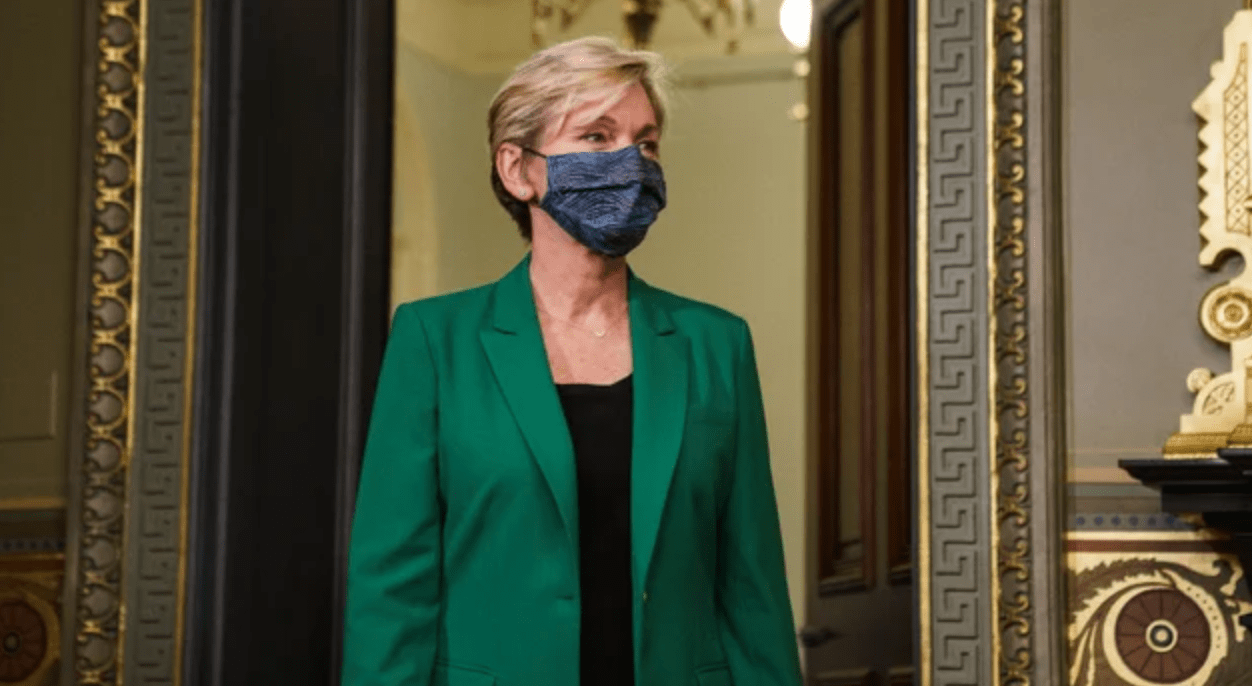"Pete Buttigieg and Bill Maher: A Candid Conversation on Politics and Progress"
Guide or Summary:Pete Buttigieg, the former mayor of South Bend, Indiana, and a rising star in the Democratic Party, has consistently pushed for progressive……
Guide or Summary:
#### Description:
In the ever-evolving landscape of American politics, few figures stand out like Pete Buttigieg and Bill Maher. Both have made significant impacts in their respective fields—Buttigieg as a prominent political leader and Maher as a sharp-tongued commentator and comedian. Their recent discussions have captivated audiences, offering insights into the current political climate, social issues, and the future of the Democratic Party.

Pete Buttigieg, the former mayor of South Bend, Indiana, and a rising star in the Democratic Party, has consistently pushed for progressive policies that resonate with younger voters. His articulate approach to complex issues like climate change, healthcare, and infrastructure has earned him respect across the political spectrum. Buttigieg's ability to connect with people from diverse backgrounds, including his candid discussions about his identity as a gay man, has further solidified his position as a relatable and inspiring leader.
On the other hand, Bill Maher has long been a fixture in American media, known for his unfiltered commentary on politics, religion, and social norms. As the host of HBO's "Real Time with Bill Maher," he has created a platform where controversial topics are discussed openly, often challenging conventional wisdom. Maher's humor, combined with his willingness to confront uncomfortable truths, has made him a beloved figure among many who appreciate his candidness.
In their conversations, Pete Buttigieg and Bill Maher delve into pressing issues affecting the nation today. They tackle the challenges facing the Democratic Party, particularly in uniting various factions to present a cohesive front against Republican opposition. Buttigieg's insights into grassroots organizing and the importance of addressing the concerns of working-class Americans resonate deeply with Maher, who often critiques the party's establishment for being out of touch with the electorate.
Moreover, their discussions frequently touch on the role of media in shaping public perception. Maher, with his extensive experience in television, offers a critical perspective on how news outlets can influence political discourse. Buttigieg, as a politician navigating this landscape, shares his views on the importance of transparency and accountability in media reporting. Together, they explore how misinformation and sensationalism can undermine democratic processes and what can be done to combat these issues.

Another significant aspect of their dialogue is the importance of empathy in politics. Buttigieg emphasizes the need for politicians to listen to the concerns of their constituents genuinely. He believes that understanding the lived experiences of individuals can lead to more effective policy-making. Maher, while often known for his humor, also highlights the necessity of compassion in addressing societal challenges, such as poverty, racism, and climate change.
As they engage in these discussions, it becomes clear that both Pete Buttigieg and Bill Maher share a commitment to fostering a more inclusive and progressive society. Their conversations serve as a reminder that while politics can be divisive, there is a shared responsibility to work towards solutions that benefit all Americans.
In conclusion, the dialogues between Pete Buttigieg and Bill Maher are not just entertaining; they are essential for understanding the current political landscape. Their ability to tackle complex issues with humor and sincerity provides a refreshing perspective in a time when political discourse often feels polarized. As they continue to engage with each other and their audiences, they inspire a new generation of voters to take an active role in shaping the future of America.
